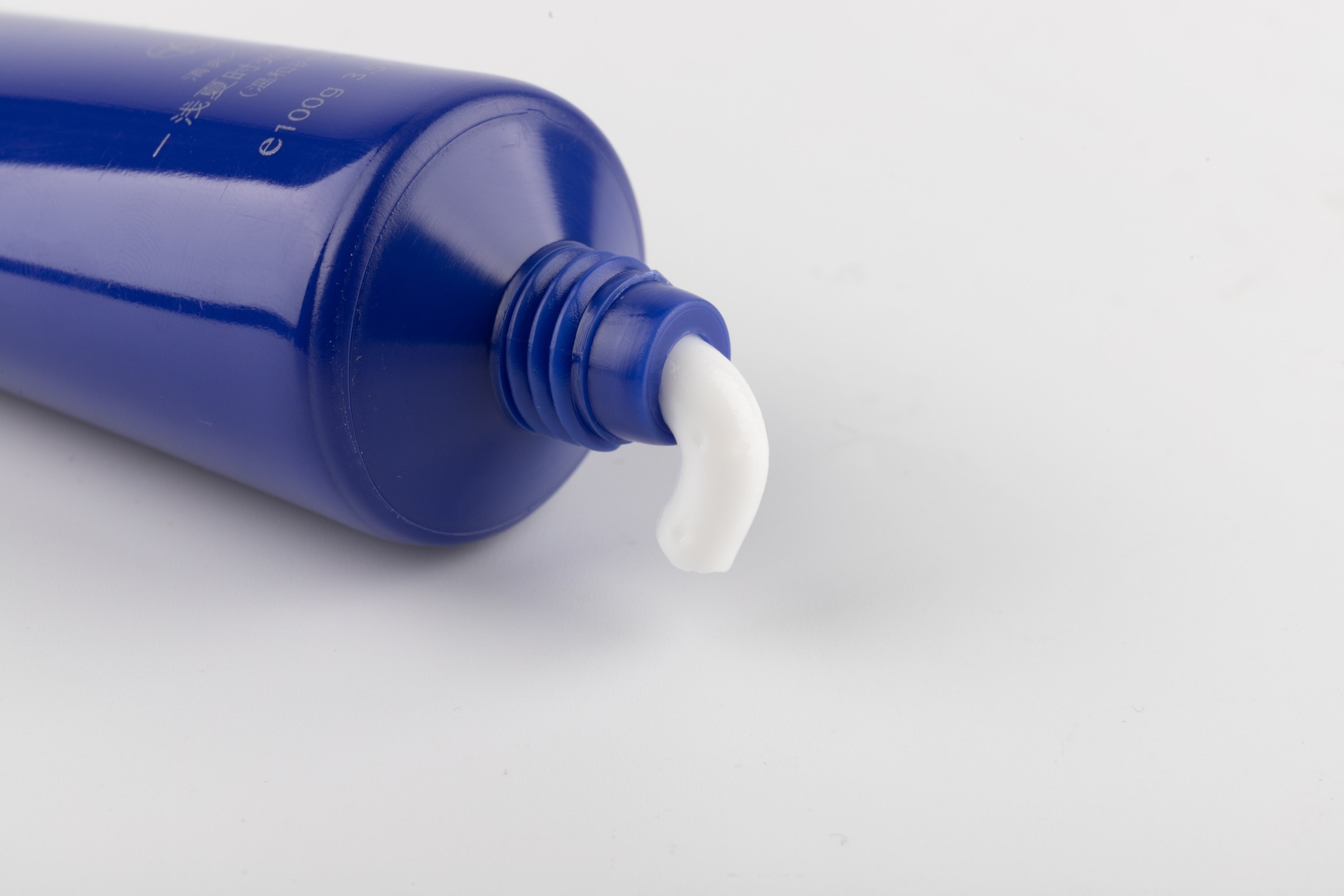I addressed this question decades ago to a befriended dentist of our family. He replied that the toothpaste does not really matter. What’s more important is the repeated act of brushing your teeth. I did not quite get it then but now I often see this dilemma in our everyday lives.
The Problem
It is often a means of procrastination to look for the best possible tool for a job. Being it a new software program for notetaking, an app for meditation or a new software package in an enterprise. Of course, there are differences in the tools we could use, and a comprehensive study of the options is mandatory in some circumstances especially when many resources are at stake. But in this constant struggle to find the best possible tool for the job we waste a lot of time and procrastinate the most important steps: checking the process, making the decision and actually doing the work. Consider these thoughts:
- First of all, there is no “best tool”. There is only the best tool for you. The one-size-fits-all-solution is a figment.
- Secondly, we must take the time component into account. Things can change in the future and the solution we are looking for now is possibly not the right one then.
- Lastly, we are often looking for the tool which fits our process best. But maybe this tool is not available even though most salespeople and marketing departments try to make us believe that it can be adapted to our needs instantaneously.
So, What Can You Do?
Begin by thinking about the process you need a solution for. Let’s say you are looking for a new note-taking app. There are numerous solutions out there from the famous Zettelkasten to hand-written notebooks to digital solutions like Evernote, Microsoft OneNote or Apple notes. Which is the best system for you? Is it worthwhile thinking about changes in the underlying process of notetaking before searching for the optimal tool?
When we stick to the example above: traditional notetaking apps have one thing in common. You must organise your thoughts in some sort of file-folder relationship. Roam Research on the other hand works more like your brain and links your ideas together with bidirectional relationships. It does not use any folders. I think it is worthwhile to review the process first and think about whether a change makes sense in the long term. If you got your process right then you can go to the next step.
Make a simple list of features for your desired tool. List as many as you can including all nice-to-haves. Then shorten this list to the absolute essentials. Be very honest with yourself. Could you live just with these? This also gives you a feeling for what is important and which features are only distracting you from the main process. The simpler the better. Everything beyond the essentials is often just unuseful noise. With these essentials look for the tools that best fits your list.
An Alternative
Another approach is to search the internet for “best tools for …” and see what these tools offer. It could be worthwhile to adapt our process to the tool and not vice versa. I see this often when it comes to new software for companies, especially ERP solutions. The search for the best tool disguises the possibility to streamline and improve procedures. It finds its root in the fact that changing the environment (the process) scares the hell out of us. But this change could be the kick-off to a better future.
Go Meta first
In summary, the main point is to concentrate on the meta subjects: getting the process right and decide. The tool is only a means to an end and not that important. You could use the best toothpaste in the world. But if you are not brushing your teeth correctly or even only very irregularly then you will have a hard time keeping your teeth in the future.




